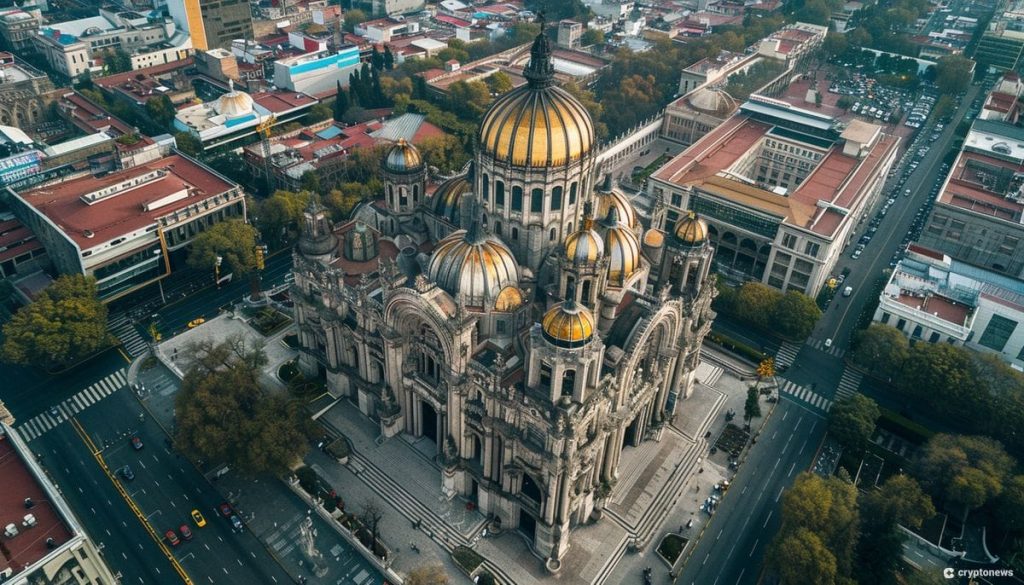The Worldcoin operator Tools for Humanity is expanding its services in Mexico despite calls from lawmakers for a government probe into its iris-scanning drive. The company has opened iris-scanning centers in Mexico City, Guadalajara, and Monterrey, among other locations. Mexico is the third-largest base for the Worldcoin project in the Latin America region, with nine regional centers for collecting citizens’ biometric data. The project has also been successful in Argentina, but the nation’s data protection agency has launched an investigation into Worldcoin. The company operates 21 data collection centers in Chile as well.
Despite its success in Latin America, Mexican lawmakers have expressed concern about Worldcoin’s operations. Maria Eugenia Hernandez, an MP for the ruling Morena party, has called on the National Institute of Transparency, Access to Information and Protection of Personal Data (INAI) to investigate the company. Hernandez raised concerns about citizens’ data falling into the wrong hands and the lack of clear rules for data use. She asked INAI to verify the safety of handing over biometric data in exchange for cryptocurrency tokens. Worldcoin has been operating in Mexico since July 2023 under the pretext of creating a financial and identity network, according to Hernandez.
While Worldcoin has faced pushback in Latin America, with officials in Buenos Aires warning of possible recriminations, the company is also facing challenges in Chile. Government agents have inspected three centers and requested additional information to ensure compliance with national regulations. Investigations related to Worldcoin are ongoing in countries around the world, including South Korea and Hong Kong. The company has suspended its orb verification service in nations like India, Brazil, and France due to regulatory concerns. In Spain, a High Court ruling upheld a temporary ban on Worldcoin iris-scanning in March over data and privacy concerns.
The Worldcoin operator, Tools for Humanity, has been expanding its services in Mexico by opening iris-scanning centers in major cities across the country. Despite its success in Latin America, the project has faced pushback from legislators concerned about data privacy and security. In Mexico, an MP for the ruling Morena party has called for an investigation into the company’s operations, citing the need for clear rules on data use and potential risks for citizens. Worldcoin has faced similar challenges in other Latin American countries, with officials in Argentina and Chile expressing concerns about compliance with national regulations.
While Worldcoin has gained popularity in Latin America, it has faced regulatory hurdles in various countries worldwide. Investigations into the company’s operations are ongoing in countries like South Korea, Hong Kong, and India, with governments raising concerns about data privacy and compliance with national regulations. In Spain, a High Court ruling upheld a ban on Worldcoin iris-scanning due to concerns about data and privacy issues. Despite these challenges, Worldcoin continues to expand its services globally, with a focus on providing verified proof of humanness through its World ID system.
The Worldcoin project, co-founded by Sam Altman, has faced regulatory challenges in Mexico and other countries, with lawmakers and government agencies raising concerns about data privacy and compliance with national regulations. Despite these challenges, Worldcoin remains committed to expanding its services globally, including in Mexico where iris-scanning centers have been established. The company’s operations in Latin America have faced pushback from officials, but Worldcoin continues to operate in the region while addressing regulatory concerns. Worldcoin’s focus on providing verified proof of humanness through its World ID system has led to investigations and regulatory hurdles in various countries worldwide.













